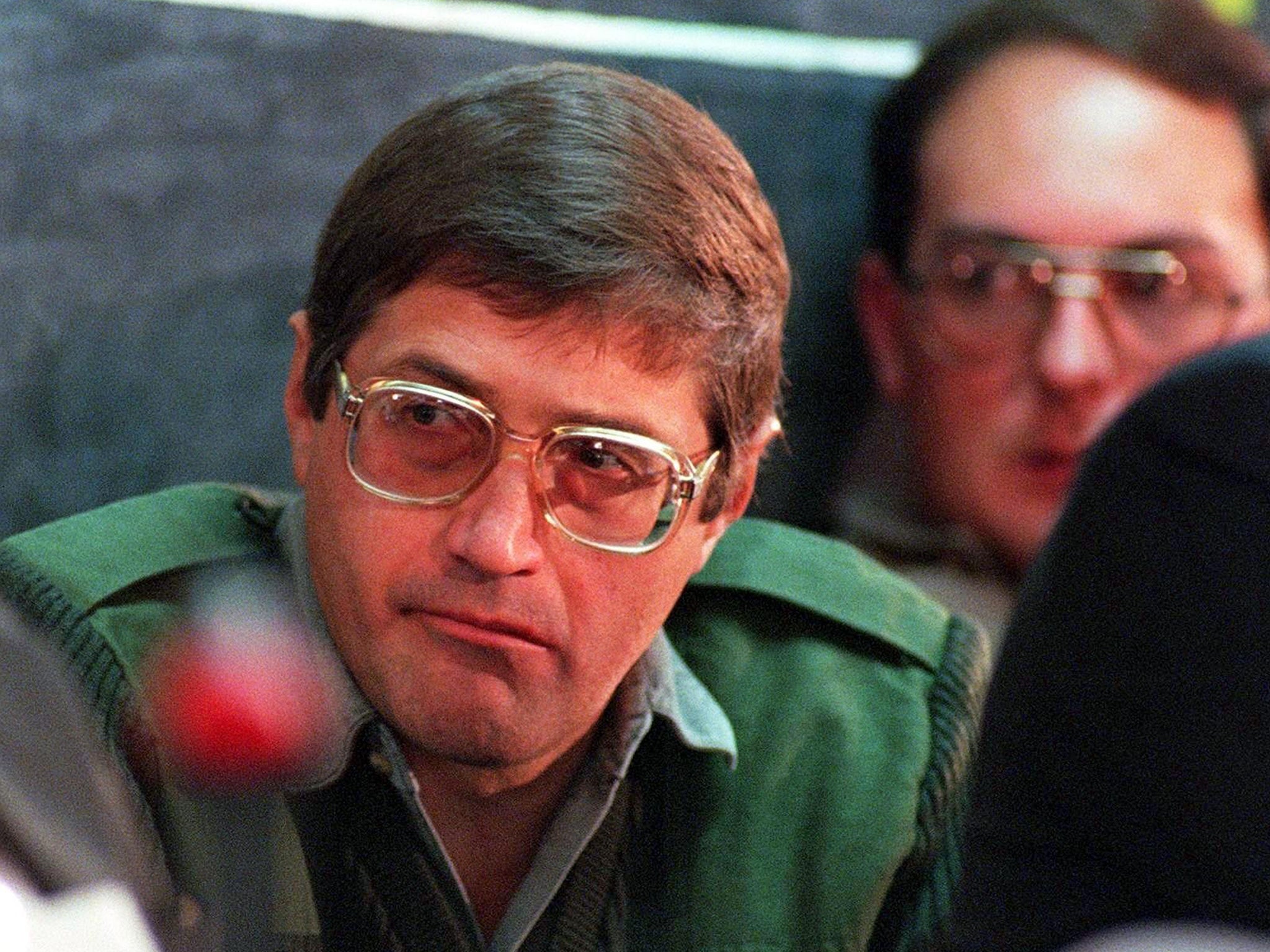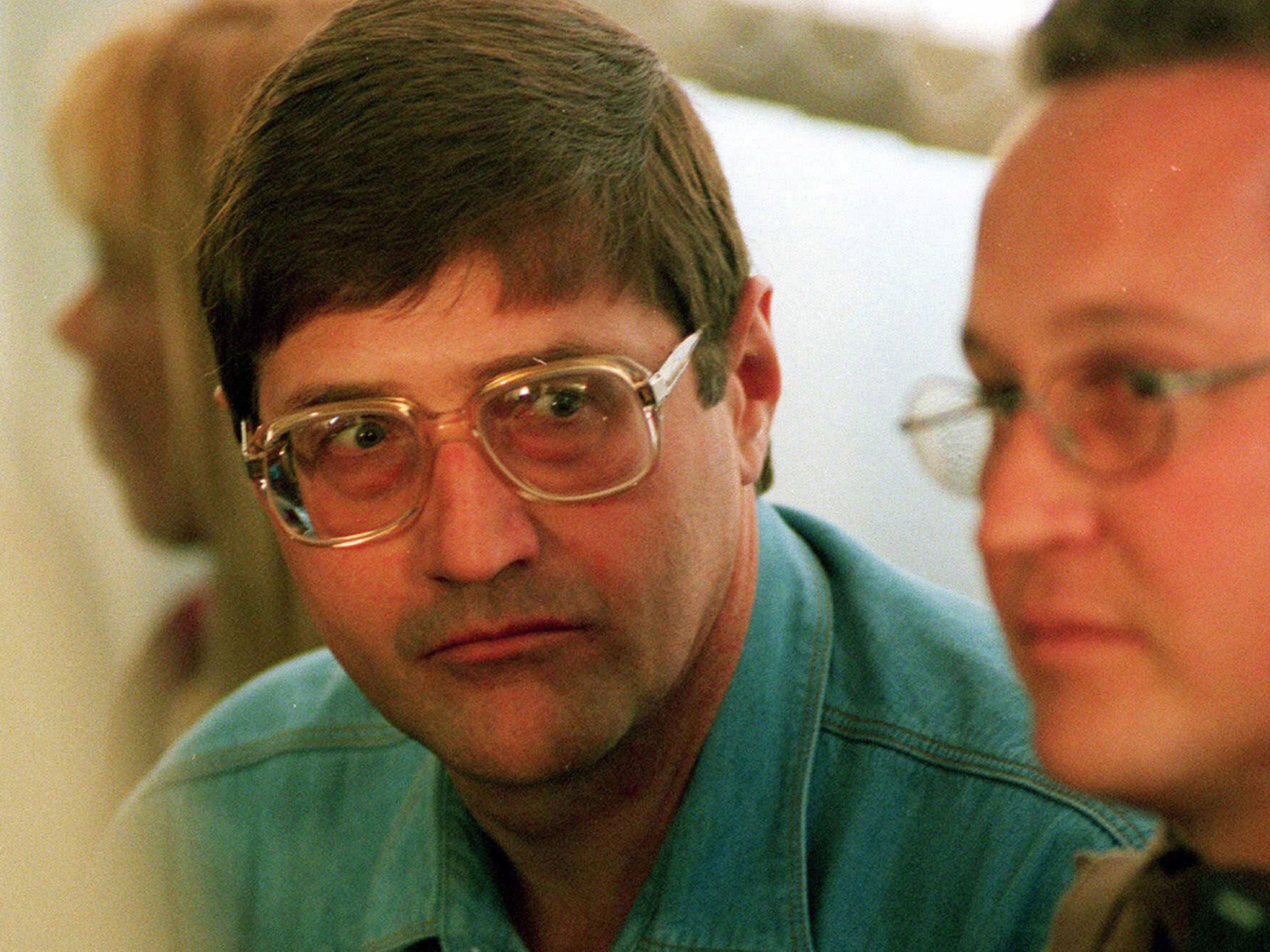Eugene de Kock to be freed: Is 20 years in jail enough for apartheid’s worst offender?
Comment

No wonder they called Eugene de Kock “Prime Evil”. Some of the most sickeningly unforgettable testimony to South Africa’s Truth and Reconciliation Commission (TRC) concerned the activities of C1, a death squad he led which kidnapped, tortured and killed opponents of apartheid.
At Vlakplaas, their base on a farm near Pretoria, the TRC was told, the unit would torture victims to death and then have a braai (barbecue) while they disposed of the remains.
De Kock himself confessed before the commission to taking part in multiple murders, not only in South Africa but in neighbouring countries. He even sought immunity for the 1982 bombing of the African National Congress office in London, in which no one was killed but the bulk of the exiled movement’s records were destroyed, severely hampering its work.
No other apartheid official is believed to have been responsible for so much bloodshed in the increasingly dirty and secret war that preceded the advent of majority rule in 1994. When he was sentenced to 212 years in prison, few thought it a moment too long. And yet there are those who question the way De Kock has become the embodiment of all that was evil about apartheid.

While the former counter-insurgency operator has been demonised, nobody above him in the white regime has been jailed, not even a man nicknamed “Dr Death” by the media. Wouter Basson, once head of the country’s secret chemical and biological warfare programme, refused to testify to the TRC and faced down dozens of charges in court, including one of involvement in 229 murders. South Africa’s medical authority has found him guilty of unprofessional conduct in a case which began 14 years ago, but his lawyers have expertly delayed efforts to bar the cardiologist from practising.
In contrast to the confident and unrepentant Dr Basson, Eugene de Kock comes across as an inadequate figure constantly seeking to prove his Afrikaner manhood. Rejected by the apartheid-era army because of a stutter, he joined the police, but was barred from its special task force because of poor eyesight. As the dirty war progressed, however, such disadvantages were forgotten: he was one of the founders of Koevoet (Crowbar), a murderous anti-insurgency unit notorious for its activities in Namibia, which were then replicated in C1.
But South Africa’s new rulers seem convinced that 20 years in jail has brought genuine repentance. De Kock, who turned 66 on Thursday, has given information leading to the discovery of many victims’ remains, and has told family members how their loved ones died. In a radio interview from jail in 2007, he accused the last white president, FW de Klerk, of having hands “soaked in blood”, saying he had ordered political killings and other crimes. De Klerk, who won the Nobel Peace Prize jointly with the late Nelson Mandela, says his conscience is clear.
Join our commenting forum
Join thought-provoking conversations, follow other Independent readers and see their replies
Comments
Bookmark popover
Removed from bookmarks